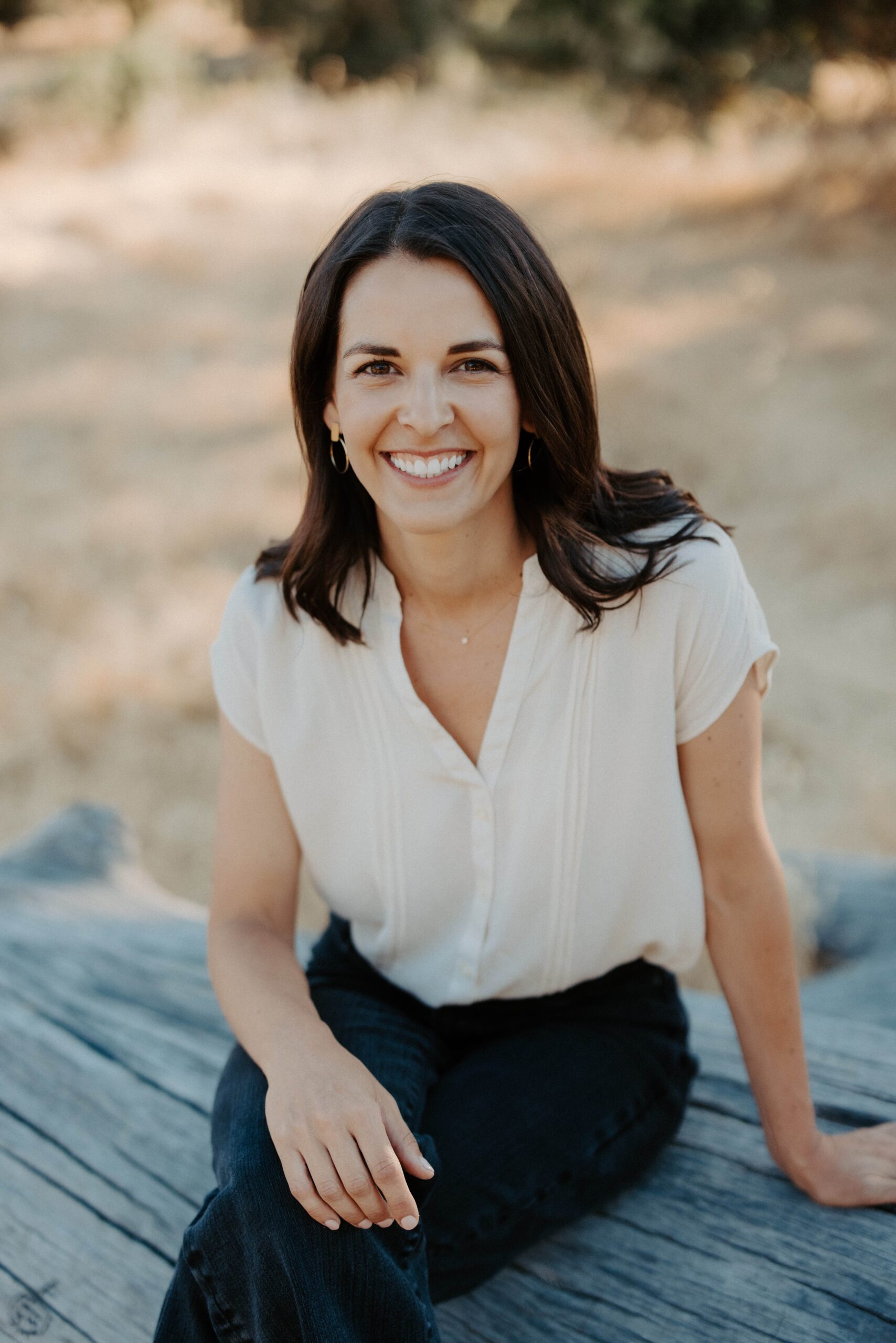Funding Opportunities
Steven O. Walfish Competition
The Steven O. Walfish Grants, supported by the APA Division 42 Next Generation Fund, promote and support the next generation of student and early career practitioner psychologists to expand the knowledge base in the practice of psychology.
The Steven O. Walfish Grants, supported by the APA Division 42 Next Generation Fund, promotes and supports the next generation of student and early career practitioner psychologists to expand the knowledge base in the practice of psychology.
Applicants are required to submit manuscripts on clinical, practical, or research innovations that address evolving standards, practices, and methods in psychological practice. Topics may include population‐based practice issues, procedure or technique‐based practice issues, diagnosis‐based practice issues, or service delivery models describing a practice innovation.
Grant recipients are encouraged to use the grant to attend the APA convention to present their work. The papers of the grant recipients may qualify for publication in the APA Division 42 journal, Practice Innovations.
Up to two $2,000 grants are available to graduate students (within 2 years or less of completing the doctoral degree) and/or early career psychologists (within 10 years of earning the doctoral degree). Winner(s) will receive a 1-year free membership to Division 42.
More information about Division 42 (The Community for Psychologists in Independent Practice)
Eligibility
APF encourages applicants from diverse backgrounds with respect to age, race, color, religion, creed, nationality, ability, sexual orientation, gender, and geography.
Applicants must:
- be a graduate student or an early career psychologist
- submit a manuscript that has not been previously published
- provide a letter of recommendation from a colleague or mentor, ideally an APA Division 42 member or other psychologist not related to the applicant and not a co-author. The letter of recommendation should speak to the applicant’s graduate or early career accomplishments.
In the case of multi-authored manuscripts, the role of each co-author should be described, and the award candidate’s role must be clearly primary.
Application Instructions
Application Materials:
- CV
- manuscript: must conform to the APA Publication Manual style
- letter of recommendation
- statement that the division’s journal, Practice Innovations, will have a right of first refusal with respect to publication of winning manuscripts
Evaluation Criteria
Applications will be evaluated on:
- goals and impact
- innovation and originality
- methodology and quality
- competency
For detailed application instructions including formatting and content, please create or log into your GivingData account and review the comprehensive application instructions in the portal. If you still need assistance after reviewing the portal, please contact APF Programs at programs@ampsychfdn.org.
Please be advised that APF does not provide feedback to applicants on their proposals.
Please review our Program FAQs for important details on the application process.

Recent Recipient
Alexandra Ross
Streamind Health
“From Specialty Service to Scalable Care: Call for Innovations to Expand Access to Pediatric Psychology for Headache”
Past Recipients
2025
Alexandra Ross, PhD, Streamind Health
“From Specialty Service to Scalable Care: Call for Innovations to Expand Access to Pediatric Psychology for Headache”
Crystal Liu, American University
“Dynamic Empathy as a Predictor of Worry Reduction in Cognitive Behavioral Therapy for Generalized Anxiety Disorder”
2024
Hudaisa Fatima, University of Texas Southwestern Medical Center
“Longitudinal Predictors of Time to Nursing Home Placement: A Joint Longitudinal and Survival Model Approach”
Sarah Daehler, Utah State University
“Patient-Therapist Congruence Regarding Therapy Progress Perceptions in Psychotherapy for Persistent Somatic Symptoms”
2023
Professor Lorenzo Lorenzo-Luaces, Indiana University-Bloomington
“Wider, faster, more: Re-envisioning the treatment and research of depression to address its public health burden in the United States”
Lauren Zaeske, University of Kansas
“Addressing Harm from Adverse Religious/Spiritual Experiences in Therapy: A Scoping Review”
2022
Cassandra Bailey, PhD, Metropolitan University of Denver
“Religiosity and Religious Scrupulosity as Markers of Poor Mental Health in The Latinx Community: A Mediation Model”
Stacey Brothers, University of Utah
“Application of Novel Technological Solutions in the Assessment of Culturally Diverse Older Adults”
2021
Aleesha Young, PhD, Massachusetts Psychological Association
Nancy H. Liu, PhD, University of California, Berkeley
2020
Maegan Paxton Willing, Uniformed Services University of Health Sciences
Adela Scharff, University at Albany—SUNY
2019
Tyler Lefevor, PhD, Rhodes College
Adelya Urmanche, Adelphi University
2018
Stacy Forcino, PhD, California State University, San Bernardino
2017
Lori M. Hilt, PhD, Lawrence University
Nili Solomonov, PhD, Adelphi University
2016
Laura M. Grossi, Fairleigh Dickinson University
Emma Hamilton, The University of Texas at Austin
